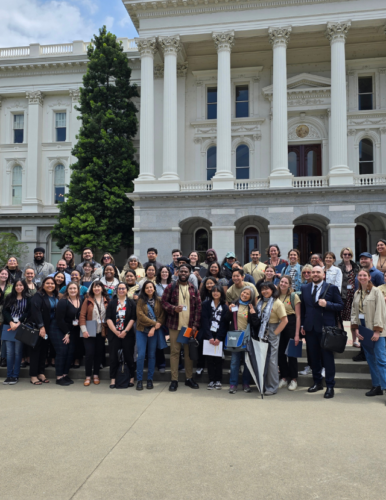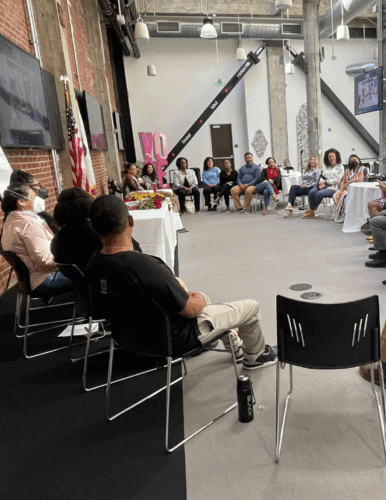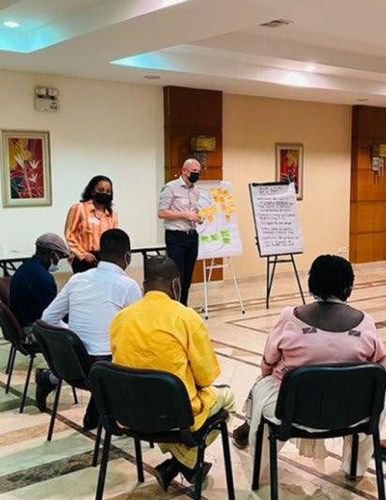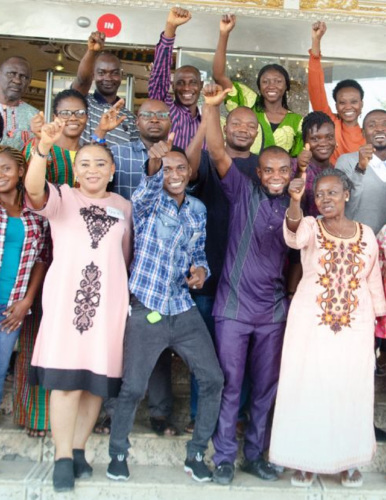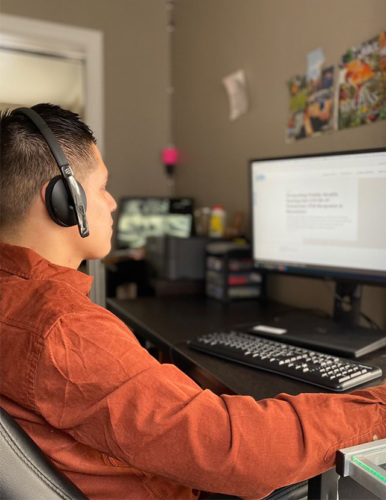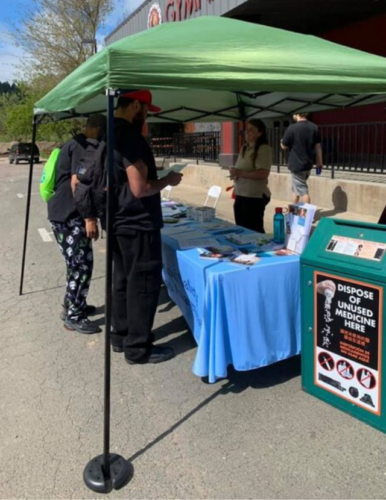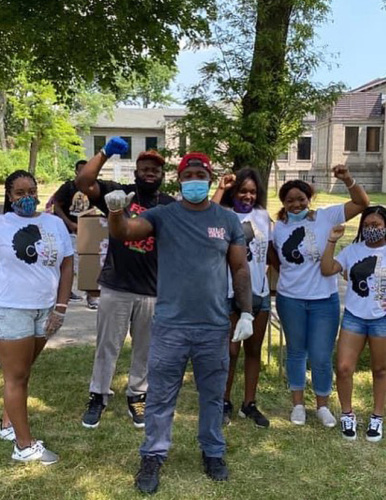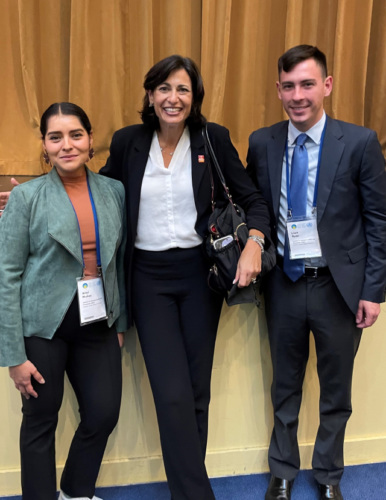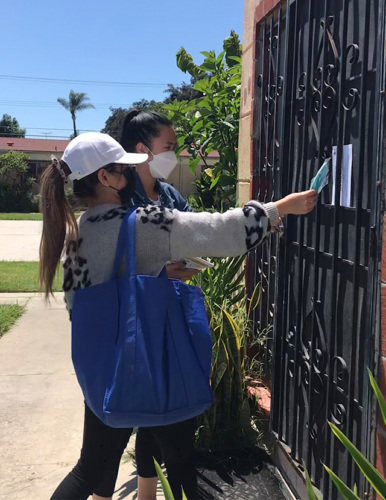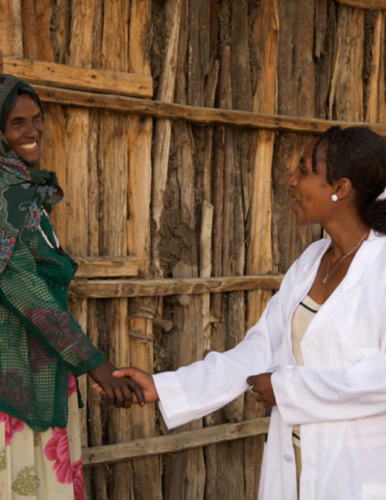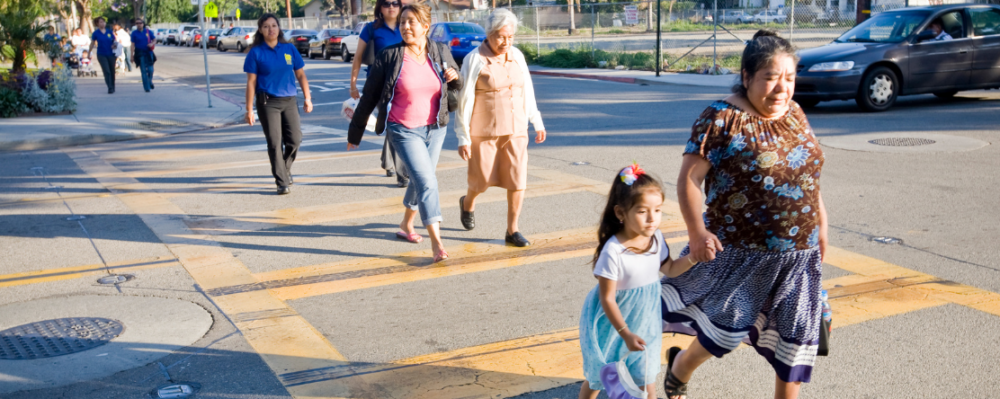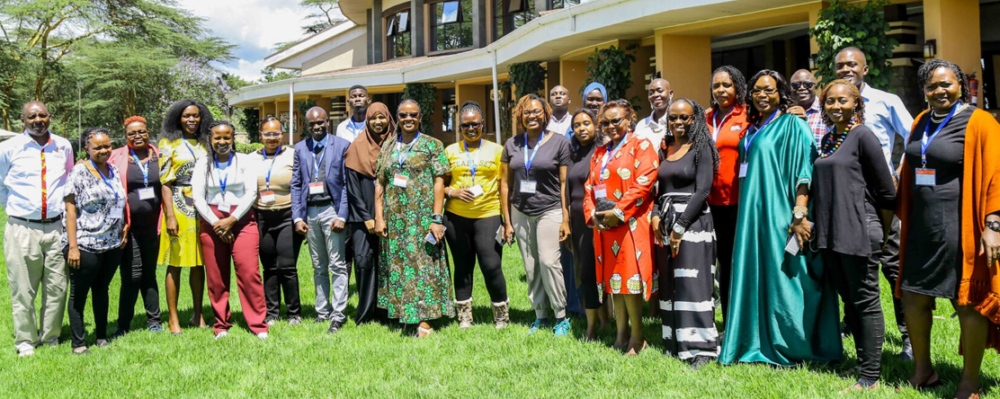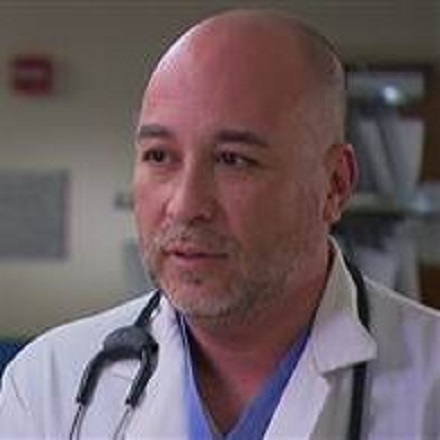
Leadership Development
PHI sees its role in leadership development as providing the resources, training and momentum to help existing community leaders build power and make lasting change. PHI works within and alongside communities—often through existing community networks, organizations or community groups—to builds skills in collaboration, advocacy and strategy development. Through seed funding, network building and technical assistance, PHI boosts the power of local leaders to identify and address the issues that are most important in their neighborhods, communities and countries. We develop local, state, national, and global leadership programs, and provide in-person and online trainings to a diverse set of emerging leaders, including future healthcare providers, public health students and practitioners, local community collaboratives, and youth.
Our Expertise Can Make Your Work Stronger
See how PHI can work with you to support or lead your health initiatives.
Our Impact
See all Leadership Development Impacts

- 600+ leaders in 44 states and territories trained through NLAPH
- 135M women, girls and youth with more rights and power
- 10K+ healthcare internship hours worked by at-risk youth

Programs
Active Programs
Archived Programs
California Adolescent Health Collaborative
California Alliance of Academics and Communities for Public Health Equity
Collective Impact Partnership: Increasing the Economic Power of Girls and Women in India
Cultiva La Salud/Central California Regional Obesity Prevention Program
Generation Next Humanitarian Fellowship Program
Global Health Technical Professionals
Global Youth Coalition on HIV/AIDS (GYCA)(PHI program 2013-2016)
Health Spectrum Program
PHI/CDC Global Health Fellowship Program
Sustaining Technical and Analytic Resources (STAR)

“Because of the FACES Public Health Youth Corps, I’ve become a better advocate for public health,” says high schooler Bobby Bavongkahoun. Student participants are trained on how to talk to their friends, families and community members about the COVID vaccine and other ways to stop the spread. Learn more.
PHI Experts Working in this Area:
Work With Us
You change the world. We do the rest. Explore fiscal sponsorship at PHI.
Support Us
Together, we can accelerate our response to public health’s most critical issues.
Find Employment
Begin your career at the Public Health Institute.

